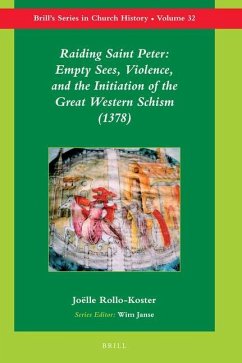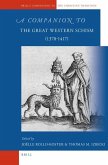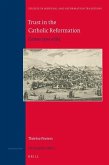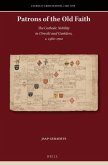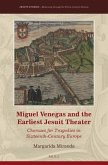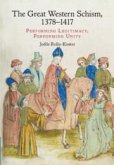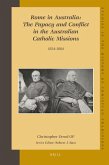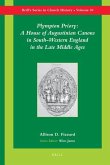Throughout the European Middle Ages, the death of high-ranking prelates was usually interwoven with violent practices. During Empty Sees, mobs ransacked bishopsa (TM) and popesa (TM) properties to loot their movable goods. Eventually, in the later Middle Ages, they also plundered the goods of newly-elected popes, and the cells of the Conclave. This book follows and analyzes the history of this violence, using a methodology akin to cultural anthropology, with concepts such as liminal periodization. It contends that pillaging was attached to ecclesiastical interregna, and the nature of ecclesiastical elections contributed to a pillaging a ~problem.a (TM) This approach allows for a fresh reading and re-contextualization of one of the greatest political crises of the later Middle Ages, the Great Western Schism.

